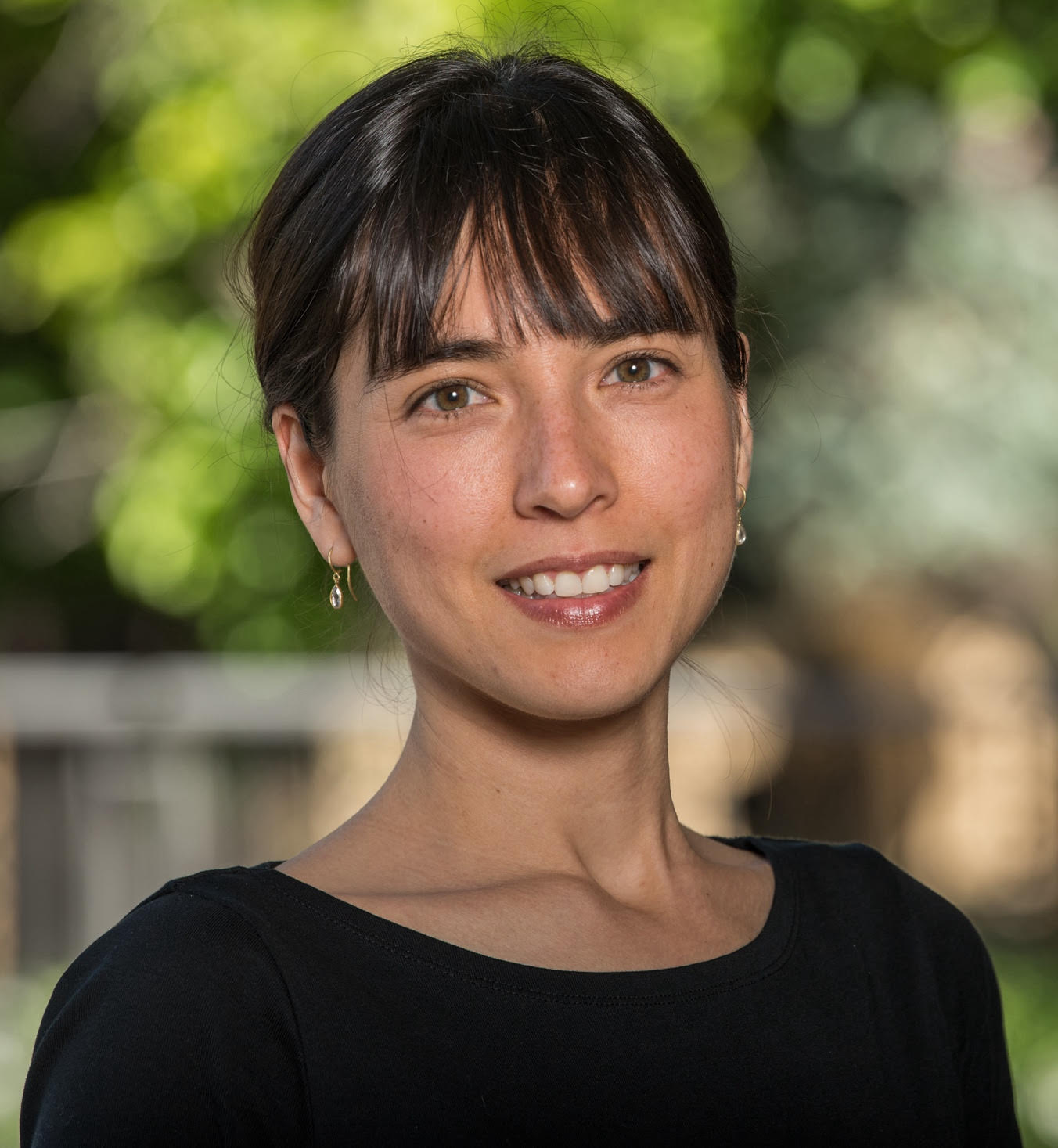Understanding the Drivers and Consequences of Personal Adaptation to Environmental Extremes

Dr. Wong-Parodi is an interdisciplinary social scientist, theoretically grounded in psychology and decision science. She pursues a community-based approach to research and has worked on a range of topics related to climate change including adaptation, health, and mitigation. Her recent research in climate migration will be compelling to those interested in not only this complex topic, but also those interested in social science research methods, community empowerment, and procedural justice. This is a 'do not miss' talk!
—Carly Norris, MESM 2022
Dr. Wong-Parodi will be presenting in person at Bren. Join us in Bren Hall 1414 (masks and Covid-19 symptom screening required) or watch online using this link and passcode extremes
ABSTRACT
Escalating environmental extremes contribute to an estimated 150,000 deaths each year, and the World Health Organization conservatively projects they will result in 250,000 deaths annually between 2030 and 2050. Addressing these extremes will require people to take adaptive measures to reduce human suffering (e.g., chronic respiratory ailments due to wildfire smoke exposure) and death (e.g., because of acute smoke exposure). In this talk, I will present recent work my group is doing to understand adaptive behavior across a range of threats. We find that attribution of extremes to climate change amplifies adaptation through risk perceptions for hurricanes, and is positively associated with pro-environmental attitudes and behaviors for wildfires. We also find that negative experience with wildfires and smoke, but not necessarily from exposure itself, is associated with intentions to migrate. The talk will conclude with a presentation of my group’s Our Communities, Our Bay project, an interdisciplinary community-based study designed to reduce exposure to extremes among frontline communities.
BIO
Gabrielle Wong-Parodi is an Assistant Professor in the Department of Earth System Science and Center Fellow at the Stanford Woods Institute for the Environment at Stanford University. Dr. Wong-Parodi is an interdisciplinary social scientist who seeks to understand how people make decisions to address the impacts of climate change, and how robust interventions can empower them to make decisions that serve their lives, communities, and society. She has a BA in Psychology, MA in Energy and Resources, and PhD in Energy and Resources, all from the University of California, Berkeley.